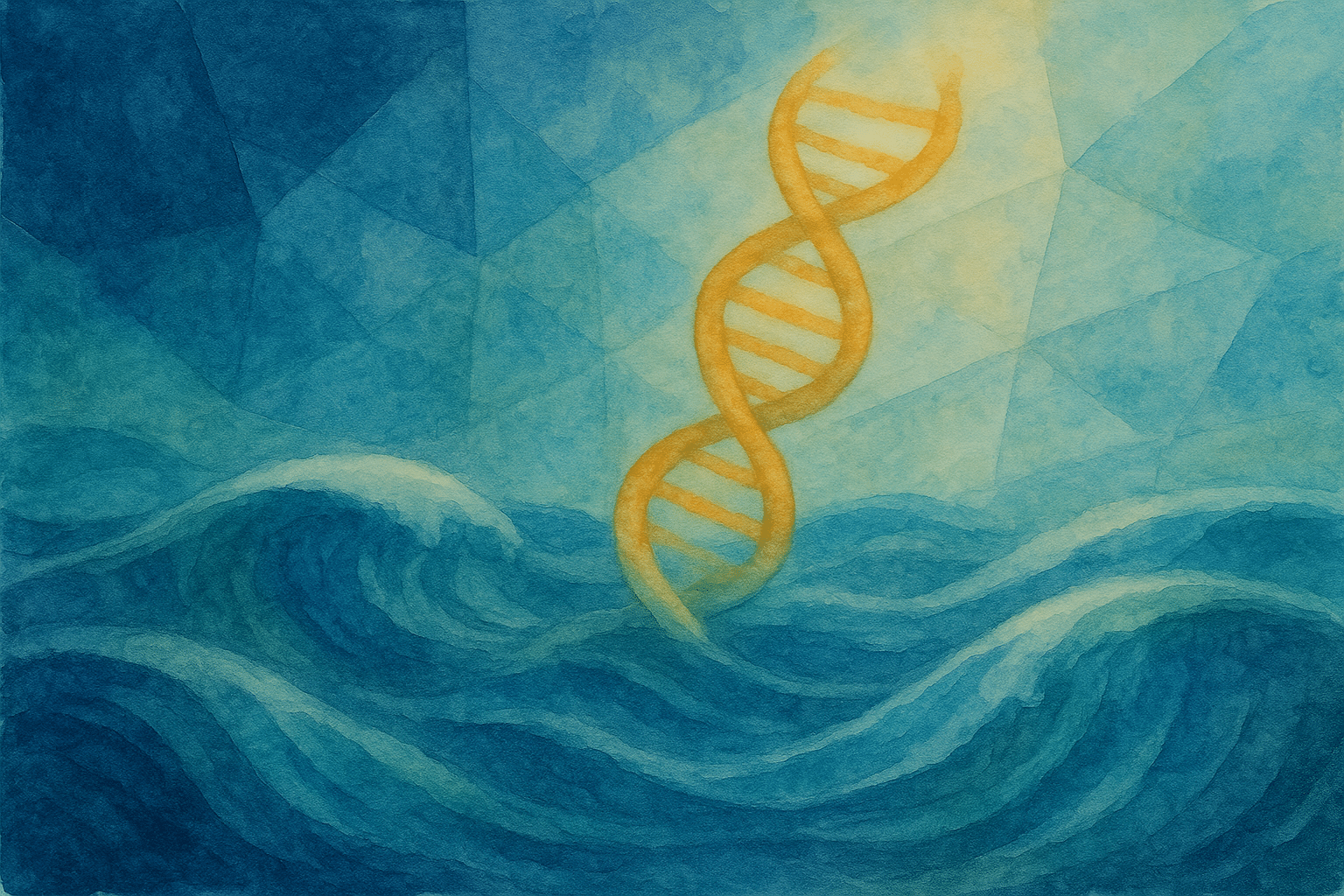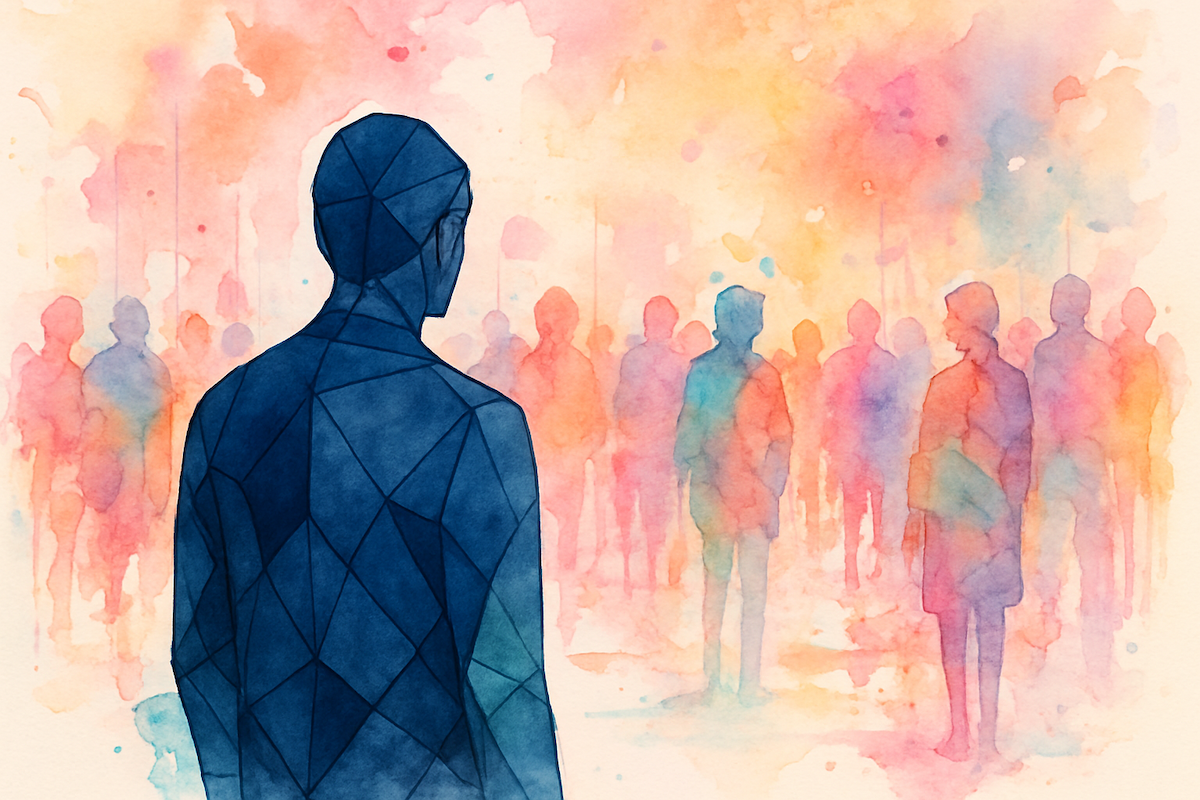What is Codeine Addiction?
Codeine addiction is a serious condition characterized by compulsive use and dependence on codeine, a prescription opioid medication commonly used to relieve pain and cough. Codeine belongs to a class of drugs called opioids, including morphine and oxycodone. While codeine can be effective for pain management when used as prescribed, it carries the risk of addiction when misused or taken for a prolonged period.
Side Effects of Codeine Addiction
Prolonged codeine use and addiction can have significant side effects on both physical and mental health. Some common side effects of codeine addiction include:
Physical effects
Codeine addiction can cause drowsiness, sedation, and respiratory depression, where breathing becomes shallow and slow. Other physical effects may include constipation, nausea, and impaired coordination.
Emotional + mental effects
Codeine addiction can lead to mood swings, anxiety, and depression. Individuals may experience increased irritability, difficulty concentrating, and changes in sleep patterns.
Social + occupational consequences
Codeine addiction can negatively impact relationships, work performance, and social functioning. Individuals may withdraw from social activities, neglect responsibilities, and experience financial difficulties.
Health risks
Prolonged codeine use can lead to serious health problems, including liver damage, kidney dysfunction, and increased infection vulnerability. The risk of overdose is also a concern, particularly when codeine is combined with other substances, such as alcohol or sedatives.
It is important to recognize these side effects and seek professional help to address the addiction and minimize the risks associated with codeine misuse.
What are the symptoms of codeine addiction?
Recognizing the symptoms of codeine addiction is crucial in identifying when intervention is necessary. Some common signs and symptoms of codeine addiction include:
Increased tolerance
Over time, individuals may require higher doses of codeine to achieve the same pain relief or euphoria they once experienced.
Withdrawal symptoms
When attempting to quit or reduce codeine use, individuals may experience withdrawal symptoms such as anxiety, restlessness, muscle aches, and insomnia.
Compulsive use
Individuals with codeine addiction may find it difficult to control their use, often taking codeine in more significant amounts or for longer durations than prescribed.
Preoccupation with codeine
Thoughts about codeine use may consume a significant amount of time and attention, leading to the neglect of personal responsibilities and interests.
Continued use despite consequences
Despite experiencing negative effects on physical and mental health, relationships, and work performance, individuals with codeine addiction may continue using the drug. If you or someone you know is experiencing these symptoms, it is essential to seek professional help to address the issue effectively.
If you or someone you know is experiencing these symptoms, seek professional help to address the issues.
Codeine Addiction Treatment
Fortunately, there are various treatment options available for codeine addiction. Seeking professional help from a reputable codeine addiction center is the first step toward recovery. Here are some common treatment approaches:
Detoxification
The initial stage of treatment involves a supervised codeine detox process to manage withdrawal symptoms safely and ensure physical stability.
Therapy + counseling
Behavioral therapies, such as cognitive-behavioral therapy (CBT), can help individuals understand and change addictive behaviors, develop coping skills, and address underlying issues contributing to their addiction.
Medications
In some cases, medications may be used to support the recovery process. For example, certain medications can help manage withdrawal symptoms or reduce cravings.
Support groups
Participating in support groups, such as Narcotics Anonymous, can provide individuals with a supportive community of peers who understand their struggles and offer encouragement throughout the recovery journey.
Aftercare + relapse prevention
Continuing care is essential in maintaining long-term sobriety. After completing a formal treatment program, individuals may benefit from ongoing therapy, counseling, and support groups to prevent relapse and support their recovery.
More about our services
What is a codeine addiction center?
When seeking treatment for cocaine addiction, find a reputable and specialized cocaine addiction center. These centers provide comprehensive care and support tailored to individuals struggling with cocaine addiction. Here’s what you can expect from a high-quality cocaine addiction center:
Expert staff
Codeine addiction centers have dedicated and experienced professionals who specialize in addiction treatment. These may include doctors, therapists, counselors, and support staff who understand the complexities of codeine addiction and can provide personalized care.
Individualized treatment plans
A reputable codeine addiction center will develop personalized treatment plans tailored to each individual’s unique needs and circumstances. They will conduct thorough assessments to determine the most effective approach to treatment, considering factors such as the severity of addiction, co-occurring mental health conditions, and personal goals.
Comprehensive care
Codeine addiction centers provide a range of services to address all aspects of addiction and recovery. These may include detoxification programs, therapy and counseling services, medication management, educational workshops, holistic therapies, and aftercare planning. The goal is to provide holistic care that promotes physical, mental, and emotional healing.
Safe + supportive environment
Codeine addiction centers create a safe and supportive environment where individuals can focus on their recovery. These centers are designed to be free from triggers and temptations associated with drug use, allowing individuals to develop new coping skills and healthier habits.
Family involvement
Recognizing the importance of family support, many codeine addiction centers involve family members in the treatment process. Family therapy sessions and educational programs can help repair relationships, improve communication, and establish a strong support network for long-term recovery.
Comprehensive continuum of care
A reputable codeine addiction center understands that recovery is a lifelong journey. They offer a continuum of care, including aftercare programs, relapse prevention strategies, and ongoing support to ensure individuals have the resources and guidance they need for sustained sobriety.
Confidentiality + privacy
Codeine addiction centers prioritize confidentiality and privacy to protect the individuals seeking treatment. Your personal information and treatment details will be confidential within legal and ethical guidelines.
When searching for a codeine addiction center, consider factors such as accreditation, reputation, treatment approaches, and available resources. Finding a center that aligns with your specific needs and values is essential.





